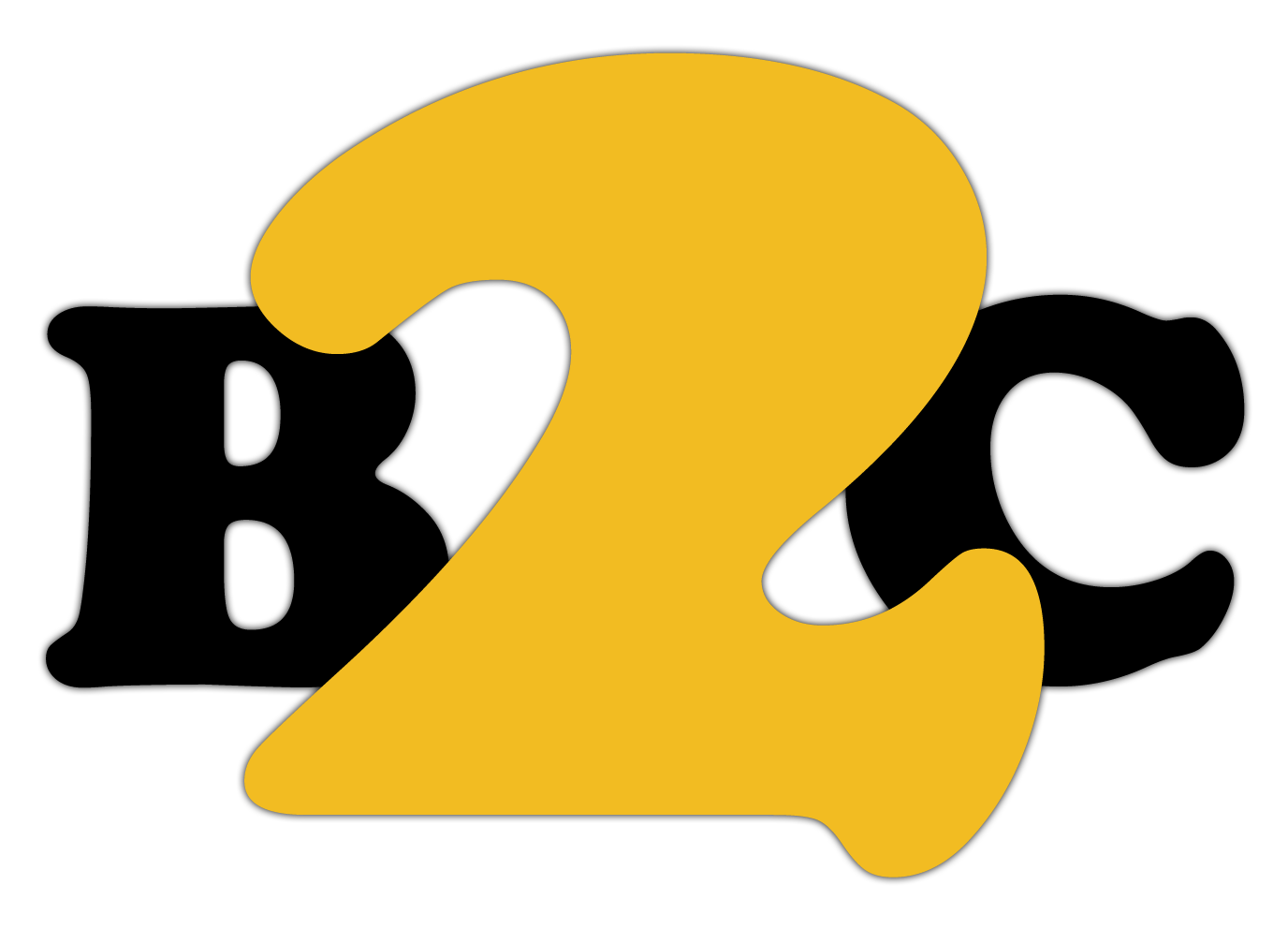After sending your CVs and applying to وظائف في قطر jobs in Qatar, you’re finally hired and the next thing for you to prepare are the formalities of your employment.
Although you received a job offer letter in the initial stage, an official documentation is needed to legally bind you and your new employer. How? By obtaining an employment or service contract.
Read also: What You Need to Know About Qatar Employment Contracts
Are you allowed to keep an original copy of your contract?
Keeping a genuine copy of the contract is a must. Failure to obtain a copy of the contract is also a violation of the labor law, and you should refer to the Labor Relations Department and file a complaint.
Here are some of the important terms that must be included in your contract according to the Qatar Labor Law:
Writing a Service Contract
Article (38)
The Service Contract shall be made in writing and attested by the Department and shall comprise three copies, one copy to be delivered to each of the parties and the third copy to be deposited with the Department.
The Service Contract shall specify the terms concerning the labor relationship between its two parties and in particular shall contain the following:
• The name of the employer and place of his work
• Your name
• Qualifications
• Nationality
• Profession and residence
• Proof necessary for your identification
• The date of conclusion of the contract
• The nature and type of the work and place of contracting
• The date of commencement of the work.
• The period of the contract if the contract is of a definite duration
• The agreed wage and the method and date of the payment thereof
NOTE: If the service contract is not made in writing, the worker may prove the labor relationship and the rights which have arisen therefrom by all means of proof.
Are you looking for فرص عمل في قطر job opportunities in Doha? Contact an agency that specializes in outsourcing in Qatar to land your dream job fast and easy.
Probation Period
Article (39) The service contract may contain a provision subjecting the worker to a probation period to be agreed on between the two parties provided that the probation period shall not exceed six months.
The worker shall not be subjected to more than one probation period with the same employer.
The employer may terminate the contract within the probation period if it has been proved to him that the worker is not capable of carrying out the work provided that the employer shall notify the worker thereof before at least three days from the date of termination.
Contract Expiry and Renewal
Article (40)
If the service contract is of a limited duration, the duration thereof shall not be more than five years. This period may be renewed for a similar period or periods by agreement of the two parties.
If the contract has not been renewed and the parties thereto continue to abide by it after expiry of its duration without an explicit agreement, the contract shall be considered to have been renewed for unlimited duration on the same conditions provided for therein.
The renewed duration shall be considered to be an extension of the previous duration and the period of service of the worker shall be calculated as starting from the date of his entering the service of the employer for the first time.
Article (41)
If the subject-matter of the contract is the performance of a specific work, the contract shall expire on the performance of that work.
If the work is by its nature susceptible to being renewed and the performance of the contract continues after performance of the agreed work, the contract shall be considered to have been renewed for similar periods by agreement of the two parties.
B2C Solutions is a manpower firm that caters to services for outsourcing in Doha, if you are searching for jobs or candidates for your hiring firm, this agency can assist you in all your recruitment needs.
Employee’s Duties and Obligations
Based on your employment contract, you shall undertake the following:
Article (42)
• To carry out the orders of the employer concerning the performance of the work if these orders do not include orders which contravene the law or the contract and if the carrying out of these orders does not subject the worker to danger.
• Not to disclose the secrets of the employer even after expiry of the contract.
• To return on the expiry of the contract the non-consumed tools or materials at his disposal.
Read more here: What Are Your Duties and Obligations as an Employee in Qatar?
Employer’s Rights and Responsibilities
Article (43)
Any condition in a service contract shall be void when it contains an undertaking by the worker to work for the rest of his life with the employer or to abstain from carrying out any craft or profession which may be carried out after leaving the work even if the contract is agreed before the coming into force of this law.
If the nature of the work allows the worker to know the clients of the employer or the secrets of the business of the establishment, the employer may stipulate that the worker shall not compete with him or participate in any undertaking competing with him after expiry of the contract.
Such stipulation shall be valid only if it is restricted as to its duration and place and to type of the work to the extent necessary for the protection of the legitimate interests of the employer. The period of such undertaking shall not exceed two years.
Article (44)
The employer shall undertake to enable the worker to perform the work and to provide him with all things necessary therefore, and if the worker attends the place of work and is willing to perform the work but could not do so for reasons beyond his control, he shall be considered to have actually done the work and be entitled to the advantages accruing therefrom.
Article (45)
The employer may not ask the worker to perform other than the work agreed upon unless necessity so requires for the prevention of an accident or repair of what arises therefrom or in case of force majeure provided that the worker shall be paid the entitlement accruing therefrom.
As an exception from the foregoing, the employer may ask the worker to perform work other than the work agreed upon if it is temporary or if the work does not basically differ from the original work and if the request to perform that work does not entail an insult on the worker provided that the wage of the worker shall not be reduced.






